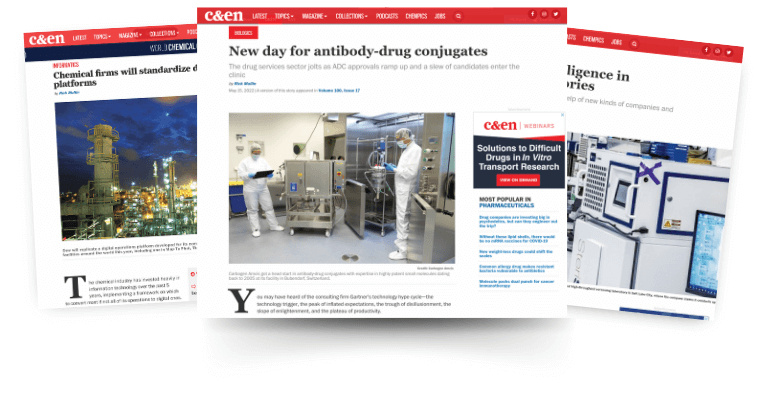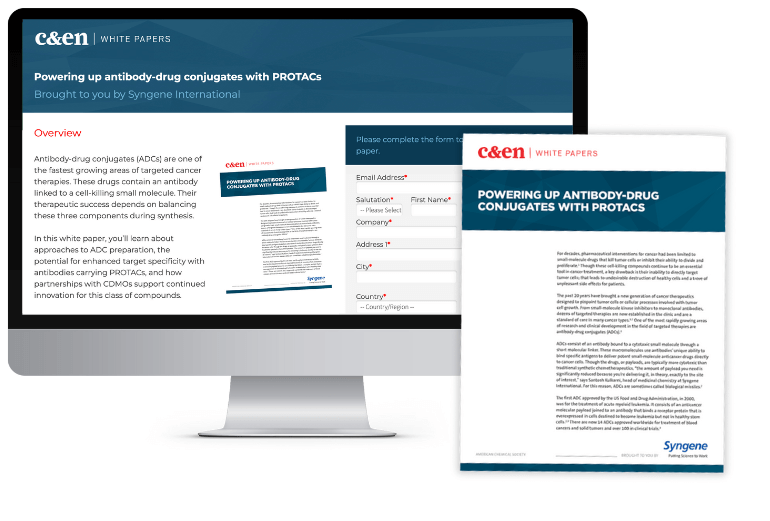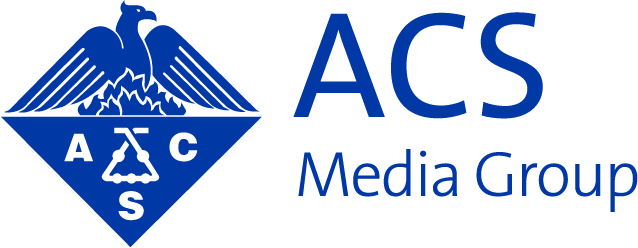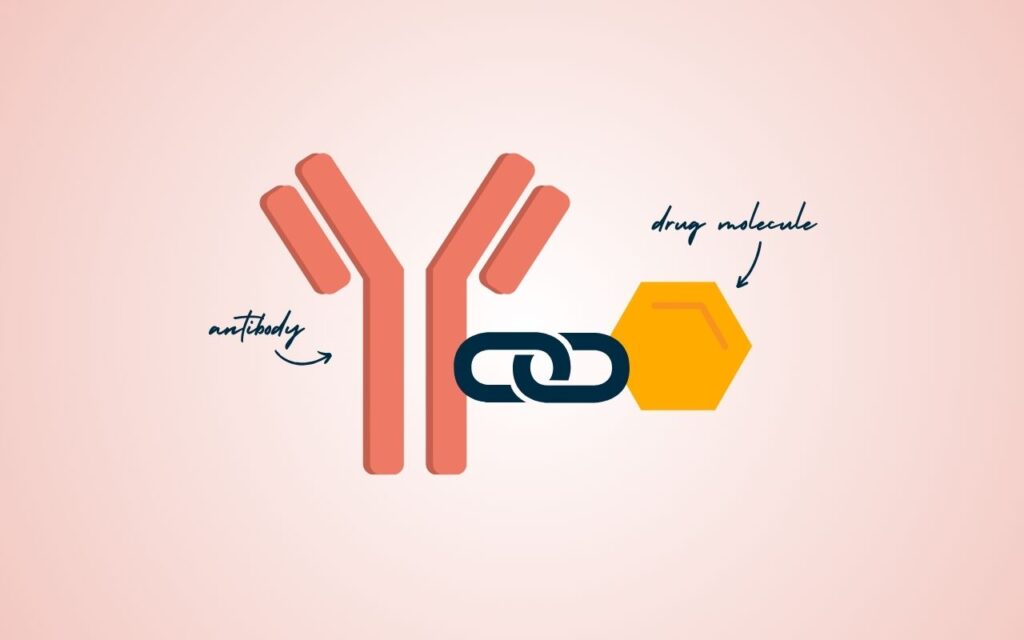Guest writer Jesse Harris is a Digital Marketing Coordinator at ACD/Labs. He has been creating internet content since 2016, and has Master’s degrees in both chemistry and chemical engineering. He loves helping STEM experts communicate their science more impactfully.
Antibody-drug conjugates is a trending science topic that is gaining in popularity and has the potential to reach key science audiences. Now is a great time for science marketers to tap into this attention-grabbing subject.

However, antibody-drug conjugates is a complicated topic. Luckily, you don’t need to be a subject matter expert to be an effective science marketer. Almost anyone can understand the fundamentals of most subjects as long as the explanation starts from the beginning and avoids unnecessary jargon.
Antibody-drug conjugates are an example of this phenomenon. The topic can seem intimidating given the mix of biology and chemistry and the strange names for pharmaceuticals. While the science can be complex, every science marketer can understand what antibody-drug conjugates are and why they are an exciting scientific trend.
In this two-part guide, we’ll first explain the fundamentals of antibody-drug conjugates for B2B marketers, and then show how you can take advantage of the excitement about antibody-drug conjugates to level up your marketing. Let’s dive in.
What are Antibody-Drug Conjugates?
An antibody-drug conjugate (often shortened to ADC) is a specialized class of pharmaceutical that is made up of an antibody that is connected to a small molecule drug. They are a growing class of therapies of interest to drug developers because they enable a pharmaceutical to be delivered directly to where it’s needed in the body.
How do ADCs work?
Antibodies are a natural part of the immune system and are responsible for identifying foreign materials in our body. Each antibody is designed to attach to a specific target. If an antibody binds to a bacterium, virus, or cancer cell, our white blood cells know they should attack it.
For some diseases, our natural antibodies don’t know what they are supposed to target. An example is cancer, where our cells start dividing uncontrollably. Scientists have engineered antibodies that can attach to cancer cells, which helps our immune system fight the cancer.
Antibody-drug conjugates have the targeting ability of an antibody, but instead of relying only on our immune system, the antibody is attached to a powerful anti-cancer drug. These drugs are so potent that they would cause dangerous side effects if taken at high doses. By connecting these drugs to an antibody, the drug will be applied directly to the cancer. This helps maximize the impact where you want it while minimizing side effects.
Think of ADCs as homing missiles, where the “antibody” is the homing system, and the “drug” is the explosive. In fact, some people call the “drug” portion a “warhead.”
Can ADCs be used for diseases other than cancer? They could be used for autoimmune disorders such as multiple sclerosis, but only cancer treatments have been approved as of the time of publication. ADCs are best suited for seek-and-destroy missions, which makes them great at fighting cancer but not as effective for many other conditions.
Why are Antibody-Drug Conjugates an Important Trend?
Given the recent hype about antibody drug conjugates, you may think this is a brand-new class of medicines. This isn’t the case; the FDA approved the first ADC in 2000. While that is relatively new compared to many types of medication, it is also not a recent invention. Why is the field becoming so hot right now? There are three main reasons:

- It took a while for the science of ADCs to mature, which is reflected by the slow rate of approvals after 2000. As researchers have gotten better at working with these medicines, approvals have increased in recent years, and companies have scaled up their research programs.
- While the science has improved, ADCs are still extremely complicated. Creating either an antibody or a small molecule medicine is already challenging. ADCs essentially combine the obstacles of both types of medication.
- These therapies are expected to be big business. Grand View Research estimates that the total market value was almost $8 billion USD in 2022, and that sales will grow by over 11% annually until 2030.
Overall, this means there are a lot of businesses that want to get ahead in the field of antibody-drug conjugate research. As competition heats up, biopharmaceutical companies are trying to accelerate their programs, which means anyone who serves the pharma industry has an opportunity to get involved.
Ideas for Antibody-Drug Conjugate Marketing
Now that we understand the background behind antibody-drug conjugates, which companies should be taking advantage of the enthusiasm? Here are some ideas:
Contract Organizations

Antibody-drug conjugates development is complex, so most biopharmaceutical companies may not have the expertise to do all the work in-house. They often use outside support to help. If your company has specialized expertise supporting any aspect of ADC research, now is a great time to make that known. This could be done through print or social advertising, as well as content marketing. For example, Syngene, a contract research and development organization, partnered with C&EN BrandLab to produce a white paper about ADC development.
Equipment or software vendors
Since ADCs are a relatively unusual class of molecule, scientists may not know if your tools “work” for these compounds. Take this opportunity to educate your buyers. For example, you could host a webinar exploring the state-of-the-art in ADC research and explain how your instruments or applications fit into that story.
Consultants
Given the rapidly evolving world of antibody-drug conjugates, plenty of companies want the inside scoop on what is happening. Whether it is scientific advancements, regulatory changes, or business insights, there are a lot of topics where people want to stay informed. High-quality newsletters, blogs, or LinkedIn posts would be an excellent way to demonstrate your thought leadership.
Of course, plenty of other businesses can take advantage of this field and many ways to involve marketing. These examples can help you generate ideas that are suited for your company.


















